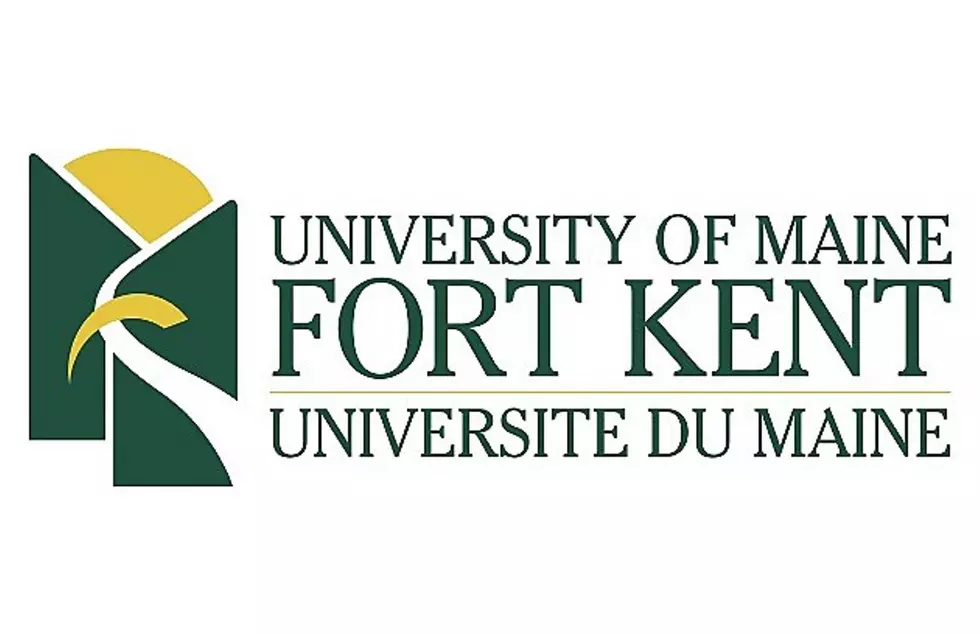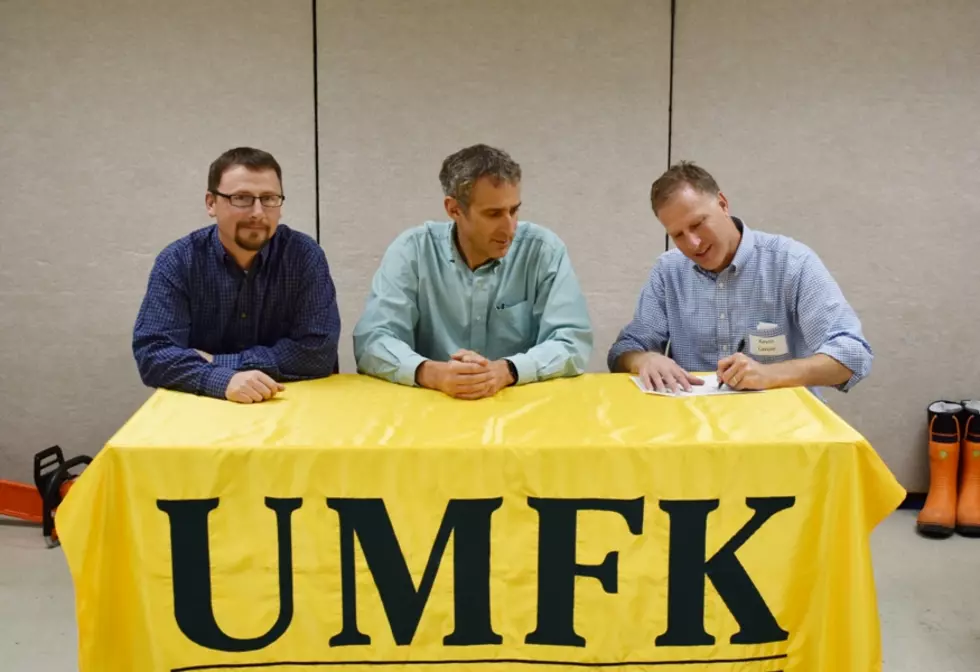
UMFK Honors Earth Day with an Arboretum
The University of Maine at Fort Kent’s Fournier Biological Park adjacent to Lonesome Pine Trails is about to become more scenic and educational with the development of an arboretum by the University of Maine at Fort Kent’s Forestry program.
“An arboretum is an area where many differs species of trees are grown for educational purposes, display, and research.” said UMFK Forestry program coordinator, Jeff Dubis. “It will initially contain various tree species from throughout Maine, especially those that are hard to find close to campus. However, I plan to eventually include species from other parts of the country that may be able to grow in the local climate and are not invasive”. Although primarily developed for educational purposes the arboretum will be available for the general public to enjoy. A portion of the arboretum will be dedicated to the research of American chestnut.
The team in UMFK’s Forestry program has wanted to create an arboretum for years, but never had a place to develop one. Last year they were looking at the BioPark and thought that, with some work, would be a good place. It was out of the way of most campus activity, but still close by and in an area used frequently by the general public.
“Our goal, in this two-three year project, is to introduce forestry and other students taking dendrology to specific tree species in this space,” said Dubis. “This arboretum is close to campus and provides a space that students can go to learn to identify trees that are not found close-by to the university. They won’t have to trudge out deep into the forest to find them.”
Forestry students, led by the UMFK faculty, will create walking trails and signage to help both students and the general public to identify species. In order to begin work, faculty incorporated the stages of development into the curriculum, such as the Forest Operations course. The arboretum will continue to be an ongoing project for UMFK Forestry students.
“The students had a great time this fall working on the first stages of development which included cutting and skidding existing trees in the area that will be used,” said Dubis. “Forestry alumni Andrew Marquis of Marquis Tree Works donated a day of labor/equipment to help clean up the waste wood which really helped move us forward.” Students in other forestry courses will help to build the walking trails and plant the trees and develop signage. The walking trails will serve as snowshoe trails in the winter and will tie in to the snowshoe trail system maintained by the Fort Kent Outdoor Center.
UMFK will host an unveiling of the arboretum space once the development wraps up over the next few years. For more information on the arboretum or programs at UMFK, please call 834-7557 or go to umfk.edu.
This information was submitted to us as part of a press release. If you would like to share your community news or event with our audience, please email newspi@townsquaremedia.com.
More From









